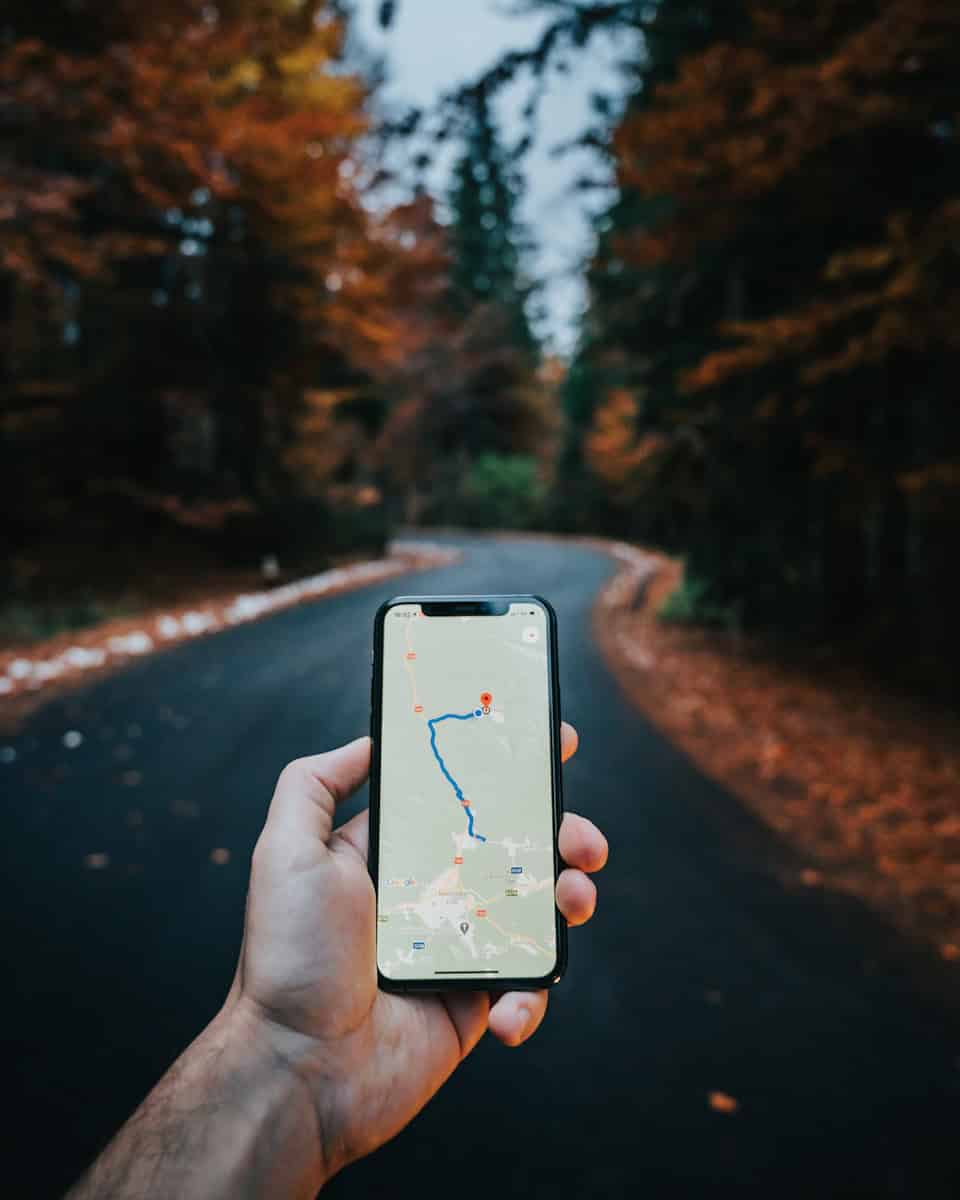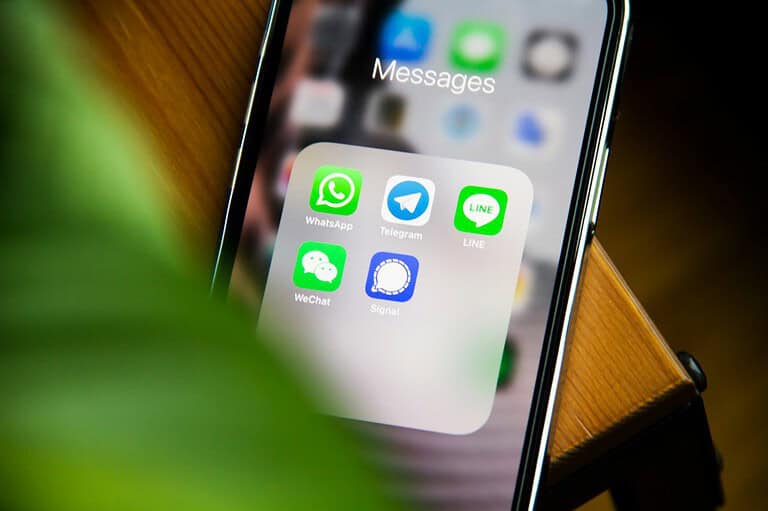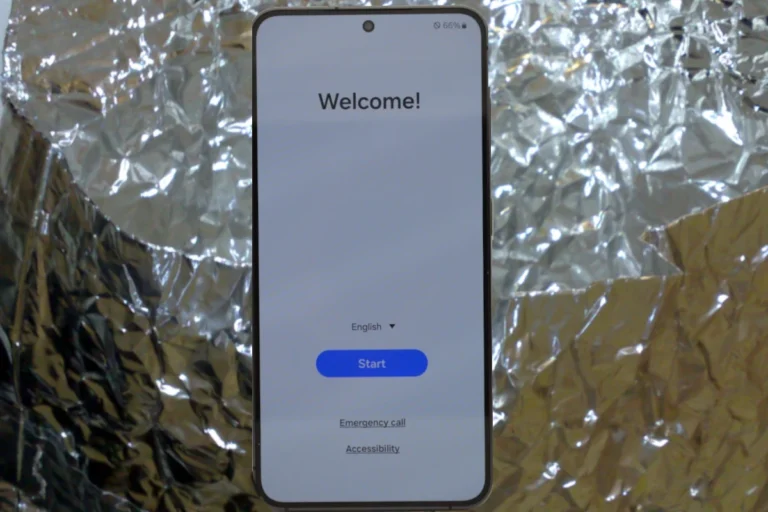
Tracking someone’s location with a phone number has become a question many people have asked. Using technology like GPS, SIM data, and apps, you can find a phone’s location precisely. These methods are efficient and often provide real-time updates, making it simple to pinpoint where someone is.
Google Maps is one option to track a person’s location with their consent. This method is secure and respects privacy since both parties need to share their locations. Alternatively, apps like Minspy offer features like location history and geofencing, enhancing the tracking experience.
For those interested, free services are available that claim to provide accurate geolocation using only a phone number. These tools are user-friendly and can give you the location quickly, ensuring you stay informed about your loved ones’ whereabouts. Unfortunately, however, many of them don’t work so make sure to read reviews before using any tool.
Tracking a Phone’s Location: Ethical and Legal Considerations
Understanding the Basics of Phone Tracking
Tracking someone’s location using their phone number is possible with the right tools and permissions. However, it’s important to understand the ethical and legal implications before diving into the process. Consent is crucial, and tracking should only be done for legitimate reasons, such as ensuring the safety of loved ones or recovering a lost device.
Methods to Track Location with Phone Number
There are several ways to track someone’s location using their phone number:
- Built-in Phone Tracking Apps: Most smartphones come with built-in tracking apps that can be used to locate the device. These apps often require the user’s consent and access to their account. For example, Apple’s “Find My” app for iPhones and Google’s “Find My Device” for Android phones offer this functionality.
- Third-Party Tracking Apps: Several third-party apps are available that can track a phone’s location using its number. These apps usually require installation on the target device and might have subscription fees. Some popular options include Life360, mSpy, and Glympse.
- Phone Carrier Services: Some phone carriers offer family locator services that allow you to track the location of family members’ phones. These services may have additional costs and might not be available for all carriers.
- Emergency Services: In emergency situations, law enforcement agencies can use phone numbers to track the location of a device. This is typically done with a court order or in cases where there is a threat to life or safety.
Comparing Different Tracking Methods
| Method | Accuracy | Ease of Use | Cost | Privacy Concerns | Requires Consent |
|---|---|---|---|---|---|
| Built-in Phone Tracking Apps | High | High | Free (usually) | Low | Yes |
| Third-Party Tracking Apps | High | Medium | Varies | Medium | Yes (usually) |
| Phone Carrier Services | Medium to High | Easy | Varies | Medium | Varies |
| Emergency Services | Very High | N/A | N/A | High | No |
Important Considerations
- Legality: Before tracking someone’s location, ensure you have their consent or a legitimate reason for doing so. Unauthorized tracking can lead to legal consequences.
- Privacy: Respect the privacy of the person being tracked. Do not share their location information with others without their permission.
- Accuracy: The accuracy of phone tracking can vary depending on the method used and the availability of GPS signals.
- Cost: Some tracking methods may have associated costs, such as subscription fees for third-party apps or carrier services.
Always use phone tracking responsibly and ethically, prioritizing the safety and privacy of all individuals involved.
Key Takeaways
- Phone numbers can help track locations through GPS, SIM data, and apps.
- Google Maps requires mutual location sharing consent for privacy.
- Tools like Locate a Phone Number offer simple and quick tracking options.
Understanding Phone Number Based Location Tracking
Phone number based location tracking involves using technology to find someone’s position through their mobile number. This process involves legal considerations, the workings of GPS technology, and the methods used by phone operators to determine a location.
Legality and Privacy Concerns
Tracking someone’s location with a cell phone number has legal and privacy issues. Privacy laws differ across regions and countries, often requiring consent to track someone’s GPS location. Tracking without permission can result in legal penalties. It’s crucial to check local privacy laws and ensure proper consent is obtained before using any tracking technology.
Lack of awareness about these laws can lead to misuse. Additionally, scammers often exploit these methods to fraudulently obtain personal information, making it vital to understand the legal boundaries and ethical use of location tracking.
How GPS Technology Works with Phone Numbers
GPS technology works by using a network of satellites to find the exact position of a mobile phone. When a phone number is tracked, the mobile device connects with these satellites to provide its location. GPS can give precise geolocation, often within a few meters.
Most smartphones have built-in GPS capabilities, making it straightforward to share or track locations. Apps and services can use this information to provide directions or track lost devices. GPS technology is reliable but needs a clear view of the sky to maximize precision, which can be hindered indoors or in dense urban areas.
The Role of Phone Operators and Triangulation
Phone operators play a key role in location tracking. They use triangulation, which involves measuring the distance between a mobile phone and several cell towers. This method helps to estimate the phone’s position even when GPS is unavailable or when the phone is turned off.
Triangulation is less precise than GPS but useful for general location tracking. The information from multiple towers allows for improving reliability.
Operators can determine a phone’s location within a range of accuracy, which can be helpful in emergency situations or for law enforcement purposes. However, this method is less effective in rural areas with fewer cell towers.
Methods of Phone Number Location Tracking
There are several effective methods for tracking the location of a phone using just a phone number. These methods span from phone tracking apps to social media platforms and reverse phone lookup services.
Using Phone Tracking Apps and Services
Phone tracking apps and services offer various ways to track someone’s location. Apps like Find My Device on Android and Find My on iPhone allow users to find someone’s phone in real-time. Spy apps and parental control apps offer similar functions with additional features like geofencing and location history.
These apps are usually user-friendly. Geofinder, for example, allows users to get precise locations through GPS from any device. Such apps often come with customer support and detailed instructions, making it easy for anyone to track a phone.
Leveraging Social Media and Messaging Platforms
Social media and messaging platforms like Facebook and WhatsApp also support location sharing. On WhatsApp, you can share your live location for a set period, making it simple to track someone’s phone. Facebook offers a similar feature through Messenger, allowing you to share your real-time location with friends.
These platforms are widely used and familiar, making them accessible options. They are also generally free to use. Location sharing on these platforms is often voluntary, ensuring that users’ privacy is respected.
Exploring Reverse Phone Lookup Services
Reverse phone lookup services are another way to track a phone number’s location. Websites like Whitepages and Spokeo allow users to input a phone number and access available location data. This method can be useful for finding basic information but may not provide real-time tracking.
These services often require payment for full details. They can offer information such as the name of the phone owner, the city, and sometimes more precise locations. This makes reverse phone lookup a practical option for those needing basic location information quickly.
Frequently Asked Questions
Tracking someone’s location using their phone number involves different methods and tools. Knowing how to use these can help locate a mobile device effectively and legally.
What are the methods for tracking a cell phone location using a phone number?
Several methods exist for tracking a cell phone location using a phone number. These include using GPS-based services, phone tracking apps, and websites designed for this purpose.
What steps can be taken to locate a mobile device through GPS using the associated phone number?
To locate a device using GPS, one can use various services and apps. Often, the steps involve entering the phone number, sending a location request, and viewing the location on a map once the request is accepted.
Which services offer the ability to trace a mobile phone’s exact location on a map?
Services like Numfinder, Scannero Phone Tracker, and GEOfinder offer tracing capabilities. These services allow users to input a phone number and see the precise location on a map.
How can someone use Google Maps for tracking a phone’s location with just its number?
Using Google Maps, the user must enable location sharing. This can be done by opening Google Maps, tapping the profile picture, selecting location sharing, and choosing the contact and duration for sharing the location.
What are the legal considerations to keep in mind when tracking someone’s location via their phone number?
Legally, it’s crucial to have the person’s consent before tracking their location. Unauthorized tracking can lead to privacy violations and legal consequences. Always ensure you have permission from the person whose location you are tracking.
Are there any reliable and free solutions to find someone’s location by their phone number?
Some free solutions might offer location tracking, but the reliability varies. It’s essential to research and choose a service that ensures accuracy and respects privacy, such as Google Maps for location sharing with consent.






